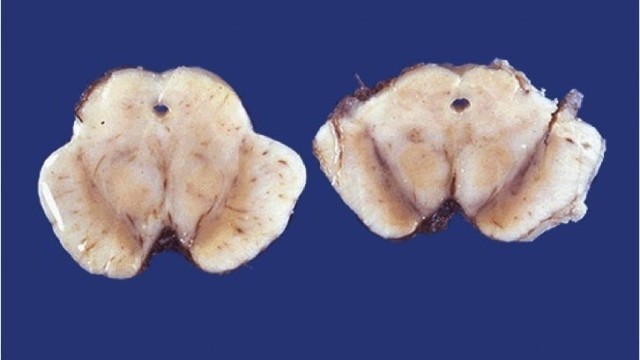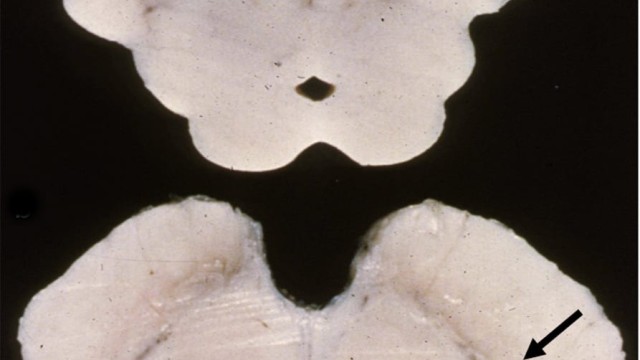The origins of deep brain stimulation (DBS) can be traced back to the early 20th century when electrical manipulation of the brain was primarily used to produce anesthesia for various procedures. In the mid-20th century, researchers began to investigate the use of intracranial electrical stimulation in experimental cat models. This research laid the foundation for the development of DBS as a therapeutic treatment.
One of the most notable early trials of DBS for Parkinson’s disease (PD) was a randomized trial conducted in Germany and Austria. “A Randomized Trial of Deep-Brain Stimulation for Parkinson’s Disease” was an unblinded trial where patients were randomized to receive either DBS of the subthalamic nuclei or the best medical management. It recruited 156 patients with advanced PD. Inclusion criteria were at least a 5-year history of PD, age less than 75 years, disabling motor symptoms related to PD, and symptoms that could not be reversed completely with dopaminergic therapies.
Primary outcome measures included baseline to 6 months changes in motor functions (off medication) as assessed by the UPDRS-III scale and quality of life as assessed by the PDQ-39 questionnaire. Secondary outcome measures included differences in dyskinesia assessed by the UPDRS-II scale and differences in activities of daily living (ADLs) assessed by the Schwab & England Activities of Daily Living scale.
On pairwise comparison, the DBS group had a mean improvement in PDQ-39 (9.5) and UPDRS-III (19.6) scores six months beyond intervention. These scores correlated with a 24-38% improvement in mobility, the ability to perform ADLs, and in emotional well-being, stigma, and bodily discomfort.
The risk of serious adverse events was higher (13%) in the DBS group compared to the medication-alone group (4%, (p<0.04)). This was attributable to an increased surgical risk and fatal intracerebral hemorrhage. However, the overall risk of adverse events was higher in the medication group in a non-statistically significant comparison (p<0.08).
In conclusion, the results of this trial demonstrated that DBS was more effective than medical management in improving motor function and quality of life in patients with advanced PD who are younger than 75 years old.
This trial, along with subsequent research, established DBS as a viable treatment option for PD and other movement disorders, including essential tremor and dystonia. Multiple clinical trials have also been designed to compare the effectiveness of globus pallidus interna (GPi) vs. subthalamic nuclei neurostimulation in PD. It has also found a role in the management of refractory epilepsy with stimulation of the anterior nucleus of the thalamus.
Now, as a standard of care for patients with PD, we can thank the contribution of our feline friends toward the advancement of DBS research and its application in the entire spectrum of neurology.
Feel free to review the landmark article here!
Check out some Parkinson’s disease-related images from our image database:
References:
- Deuschl G, Schade-Brittinger C, Krack P, et al. A Randomized Trial of Deep-Brain Stimulation for Parkinson’s Disease. N Engl J Med. 2006;355(9):896-908. doi:10.1056/NEJMoa060281
- Odekerken VJ, van Laar T, Staal MJ, et al. Subthalamic nucleus versus globus pallidus bilateral deep brain stimulation for advanced Parkinson’s disease (NSTAPS study): a randomised controlled trial. Lancet Neurol. 2013;12(1):37-44. doi:10.1016/S1474-4422(12)70264-8
- Artusi CA, Rinaldi D, Balestrino R, Lopiano L. Deep brain stimulation for atypical parkinsonism: A systematic review on efficacy and safety. Parkinsonism Relat Disord. 2022;96:109-118. doi:10.1016/j.parkreldis.2022.03.002




